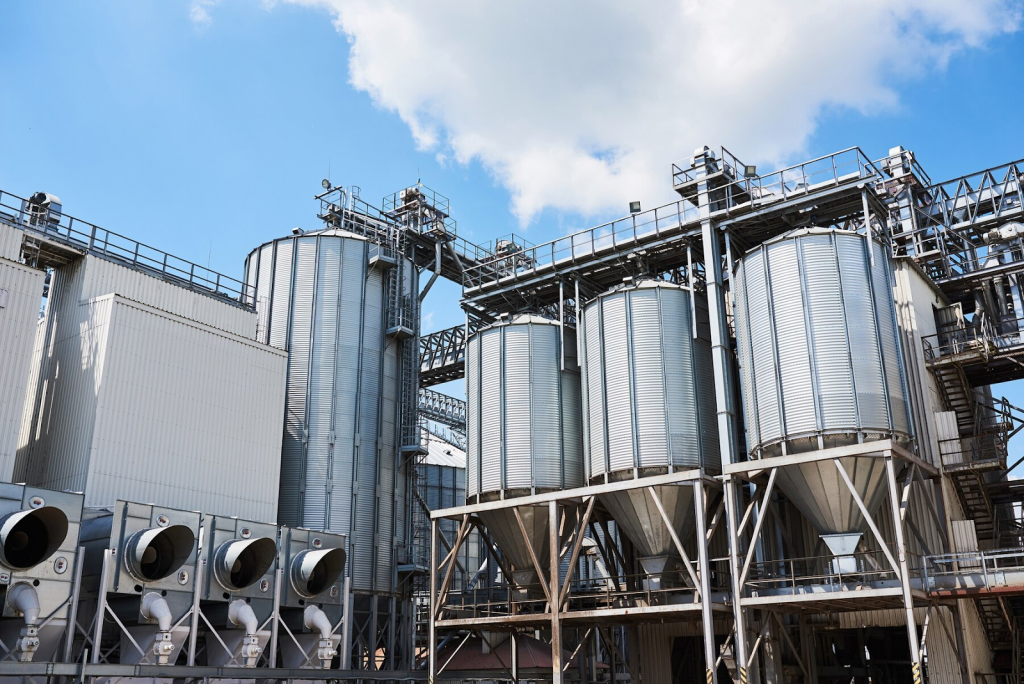Table of Contents
As the world continues to seek environmentally friendly alternatives to traditional fuels, bio diesel companies are poised to play a pivotal role in shaping the future of transportation and energy.
These companies are not only leading the way in reducing carbon footprints but also driving economic growth and fostering a cleaner, more sustainable world.
So, what are the most well-known bio diesel companies in the world? Find out more in this article.
Introduction to Bio Diesel Companies
Bio diesel is a renewable, biodegradable fuel made from vegetable oils such as palm, soybean, canola, and corn.
This cleaner and more sustainable alternative to petroleum diesel is produced through a process called transesterification, where waste vegetable oils and animal fats are transformed into bio diesel using methanol.

Source: AFDC Energy
One of the significant advantages of bio diesel is its compatibility with existing engines and infrastructure.
Over 78% of diesel vehicles currently rolling off production lines are approved for bio diesel use, making the transition to renewable energy fast and convenient.
Bio diesel companies conduct the distribution process through various means, from trucks and trains to barges and pipelines.
Bio diesel companies distributors offer various blends, such as B20 or B100, depending on the retailer’s preferences.
Essentially, these renewable fuels offer several key benefits, namely:
- Energy efficiency: Bio diesel is a clean-burning substitute for petroleum diesel, produced domestically, promoting energy efficiency.
- Sustainability: Bio diesel is a renewable source of energy that helps reduce greenhouse gas emissions and dependency on foreign oil.
- Reduction in emissions: Bio diesel emits lower levels of particulate matter, carbon monoxide, and hydrocarbon compared to traditional diesel fuels, contributing to improved air quality.
- Lowering foreign oil dependency: By producing bio diesel locally, countries like Indonesia can reduce their reliance on diesel oil imports.
- Domestic economic development: The bio diesel companies can provide economic opportunities, create jobs, and support social development.
Bio diesel is safer to handle, store, and transport compared to petroleum, making it a more environmentally friendly choice.
Furthermore, the emissions produced during the combustion process by bio diesel companies are also offset by the carbon dioxide absorbed from the plants used to produce the fuel, making it a renewable and sustainable energy source.
List Companies
Bio diesel companies play a crucial role in producing and distributing this eco-friendly fuel.
They have a global presence and are contributing to the reduction of greenhouse gas emissions.
Let’s take a closer look at some of the prominent bio diesel companies worldwide below.
1. ADM Ölmühle Hamburg, Germany: This company specializes in bio diesel production and is a part of the Archer Daniels Midland group. Their commitment to sustainable practices in the industry is commendable.
2. Diester Industrie, France: Diester Industrie, which is part of Bunge Limited, is another major player in the bio diesel sector. Their bio diesel production aligns with eco-friendly goals.
3. LS9, Inc, United States: LS9 uses genetically modified bacteria in their production process. They focus on converting non-food feedstocks into fuel oils and chemicals.
4. Jilin Fuel Ethanol, China: Part of the China National Petroleum Corporation, Jilin Fuel Ethanol plays a significant role in the global bio diesel landscape.
5. Inbicon Americas, USA: Inbicon Americas is known for its innovative approach to bio diesel production, utilizing agricultural residues as feedstock.
6. Gevo, USA: Gevo specializes in producing ethanol using non-food substances, which aligns with the second-generation biofuels approach.
7. Sapphire Energy, USA: This company uses algae to convert sunlight and carbon dioxide into green crude, representing the potential of third-generation biofuels.
These companies are just a glimpse into the bio diesel industry’s vast landscape. They are contributing to reducing carbon emissions and decreasing our reliance on non-renewable energy sources.
The bio diesel companies is growing, evolving, and offering sustainable solutions that align with our environmental goals.








